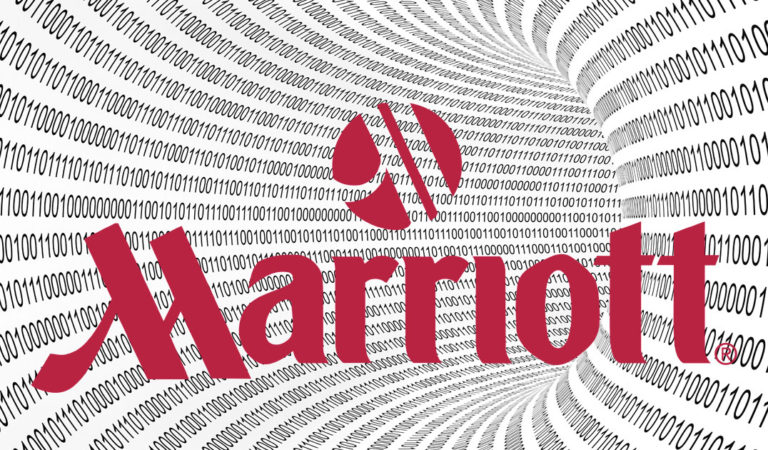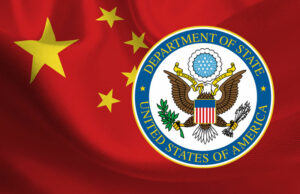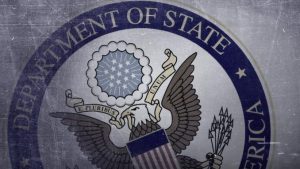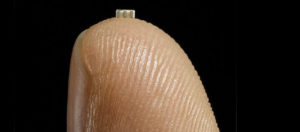(New York Times) The cyberattack on the Marriott hotel chain that collected personal details of roughly 500 million guests was part of a Chinese intelligence-gathering effort that also hacked health insurers and the security clearance files of millions more Americans, according to two people briefed on the investigation. The hackers, they said, are suspected of working on behalf of the Ministry of State Security, the country’s Communist-controlled civilian spy agency. . . .
. . . . The Marriott database contains not only credit card information but passport data. Lisa Monaco, a former homeland security adviser under Mr. Obama, noted last week at a conference that passport information would be particularly valuable in tracking who is crossing borders and what they look like, among other key data.
But officials on Tuesday said it was only part of an aggressive operation whose centerpiece was the 2014 hacking into the Office of Personnel Management. At the time, the government bureau loosely guarded the detailed forms that Americans fill out to get security clearances — forms that contain financial data; information about spouses, children and past romantic relationships; and any meetings with foreigners.
Such information is exactly what the Chinese use to root out spies, recruit intelligence agents and build a rich repository of Americans’ personal data for future targeting. With those details and more that were stolen from insurers like Anthem, the Marriott data adds another critical element to the intelligence profile: travel habits.
James A. Lewis, a cybersecurity expert at the Center for Strategic Studies in Washington, said the Chinese have collected “huge pots of data” to feed a Ministry of State Security database seeking to identify American spies — and the Chinese people talking to them.
“Big data is the new wave for counterintelligence,” Mr. Lewis said.
“It’s big-data hoovering,” said Dmitri Alperovitch, the chief technology officer at CrowdStrike, who first highlighted Chinese hacking as a threat researcher in 2011. “This data is all going back to a data lake that can be used for counterintelligence, recruiting new assets, anticorruption campaigns or future targeting of individuals or organizations.”
In the Marriott case, Chinese spies stole passport numbers for up to 327 million people — many of whom stayed at Sheraton, Westin and W hotels and at other Starwood-branded properties. . . .
. . . .Even for those guests who did not have passport information on file with the hotels, their phone numbers, birth dates and itineraries remain vulnerable.
That data, Mr. Lewis and others said, can be used to track which Chinese citizens visited the same city, or hotel, as an American intelligence agent who was identified in data taken from the Office of Personnel Management or from American health insurers that document patients’ medical histories and Social Security numbers. . . . (read more)












